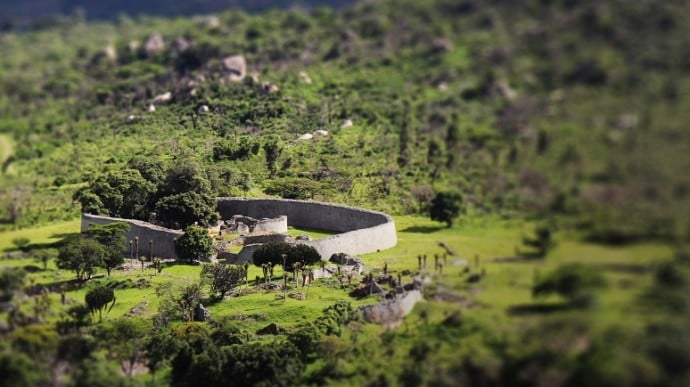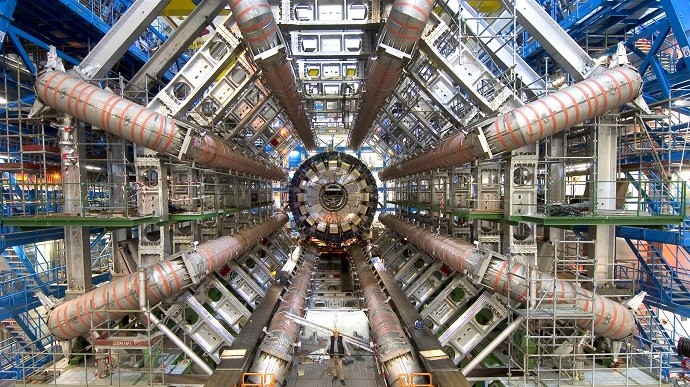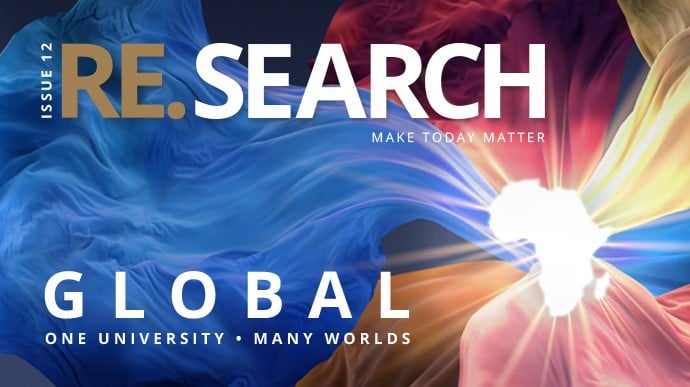 Story
Story
This edition is curated around the concept of One Health, in which the University of Pretoria plays a leading role globally, and is based on our research expertise in the various disciplines across healthcare for people, the environment and animals.
 Infographic
Infographic
Africa faces immense challenges in neurosurgery, such as severe underfunding, a lack of training positions and a high burden of disease. There is one neurosurgeon per four million people, far below the WHO’s recommendation of one per 200 000. This shortage, compounded by the lack of a central brain tumour registry and limited access to diagnostics, severely impacts patient outcomes.
 Story
Story
Paediatric neurosurgeon Professor Llewellyn Padayachy, Head of the Department of Neurosurgery at the University of Pretoria’s (UP) Steve Biko Academic Hospital, is redefining how brain-related diseases are diagnosed and treated, especially in low-resource settings. He’s at the forefront of pioneering work in non-invasive techniques to assess and measure raised pressure inside the skull,...
 Story
Story
Highly sophisticated water management techniques of ancient civilisations demonstrate the ingenuity of inhabitants who lived with limited water. It appears we need to look to the past to ensure a stable water supply in the future.
 Story
Story
Two University of Pretoria (UP) researchers have been awarded the 2025 Breakthrough Prize in Fundamental Physics, along with colleagues from the European Organisation for Nuclear Research (CERN), for their contribution to the ATLAS experiment. The general-purpose particle physics experiment seeks to exploit the full discovery potential of CERN’s Large Hadron Collider near Geneva.
 Story
Story
The theme of this edition, ‘Global’, illustrates how the University of Pretoria (UP) serves as a globally engaged, continental hub that is driving impactful research through innovation, creativity and sustainability. The research in this issue demonstrates how the research we do today could have a global impact on our future.
Copyright © University of Pretoria 2025. All rights reserved.
Get Social With Us
Download the UP Mobile App